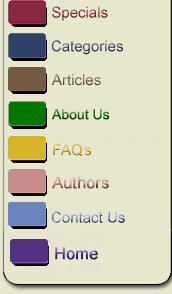


Robert Lacey
|
Robert Lacey is the "method actor" of biographers, a British historian and author who specializes in getting close to - and often living alongside--his subjects (well, the modern ones, at least). His books have been published throughout the British Commonwealth, as well as in the United States, and have also been translated in Spain, Brazil, France, Italy, Belgium, Switzerland, Germany, Sweden, Finland, Israel, the Arab world and Japan. The author of numerous bestsellers, Robert is noted for his original research and for making vital social issues accessible to the general reader in a compulsive, page-turning style.
After writing his first works of historical biography, Robert, Earl of Essex and Sir Walter Raleigh, Robert was commissioned to write his biography of Queen Elizabeth II, Majesty, which was published on the occasion of the Queen's Silver Jubilee in 1977. This book was greeted with instant critical acclaim on both sides of the Atlantic. It has sold more than a million copies world wide, and it remains acknowledged as the definitive study of British monarchy - a subject on which the author continues to write and lecture in Britain and other countries. Robert appears regularly on NBC's Today show and also on Larry King Live. The Kingdom, a study of Saudi Arabia published in 1981, is similarly acknowledged as the best and most comprehensive introduction to the modern history of Arabia. Based on five years of documentary research in Arab and British archives and on interviews with world statesmen ranging from King Khaled to Dr. Henry Kissinger, The Kingdom has become required reading for businessmen, diplomats and students all over the world. To research The Kingdom, Robert and his wife Sandi took their family to live for 18 months beside the Red Sea in Jeddah. His latest bestseller is The Year 1000--An Englishman's World, which describes what life was like at the turn of the last millennium. The New Yorker praised The Year 1000, which Robert co-wrote with Danny Danziger, as "enchanting", while Publishers Weekly described the book as "delightful," "often astonishing" and "a superb time capsule". Born in 1944 and educated at Bristol Grammar School and Selwyn College, Cambridge, Robert started his career as a journalist with the Illustrated London News and the Sunday Times before becoming a full time writer in 1974. He has three children, Sasha, Scarlett and Bruno, and lives with his wife Sandi in London. |
|
||||||
|
About Us | Customer Service | Guest Book | Login